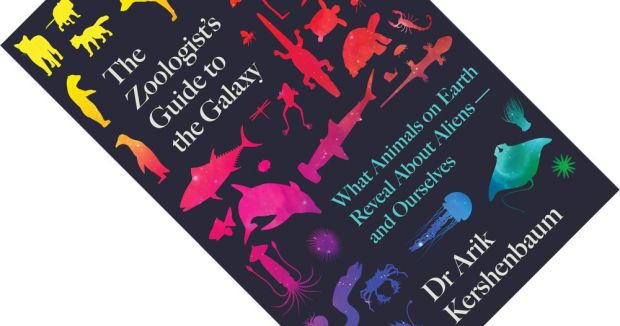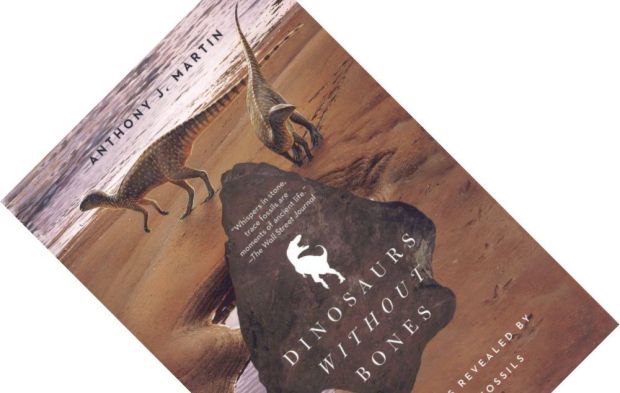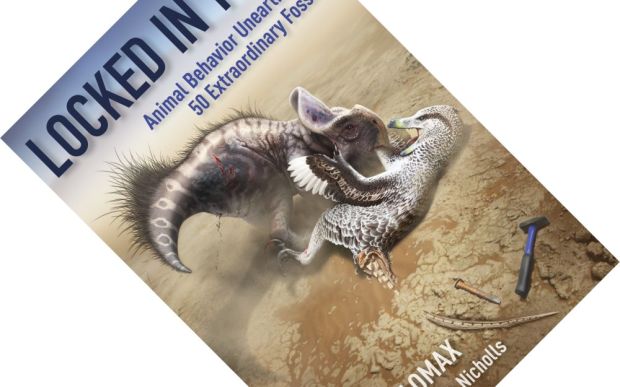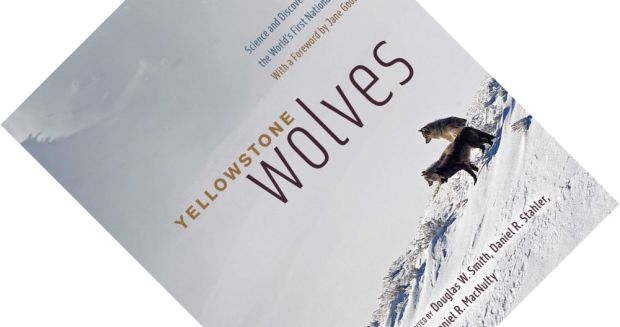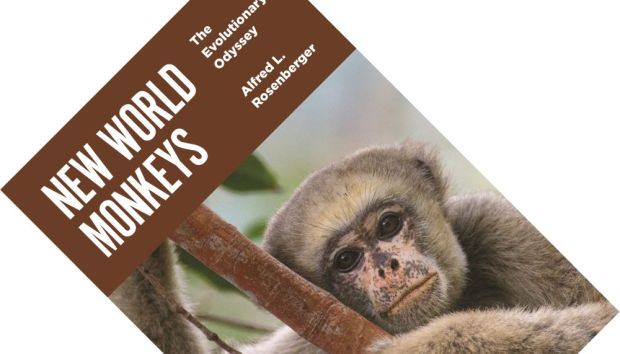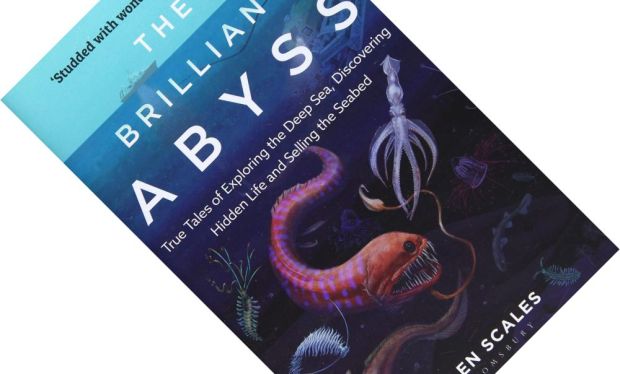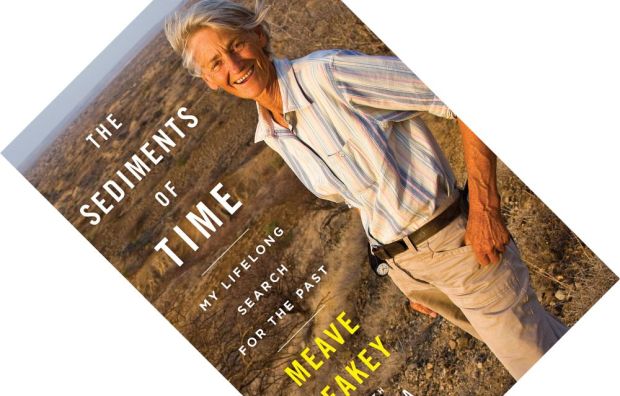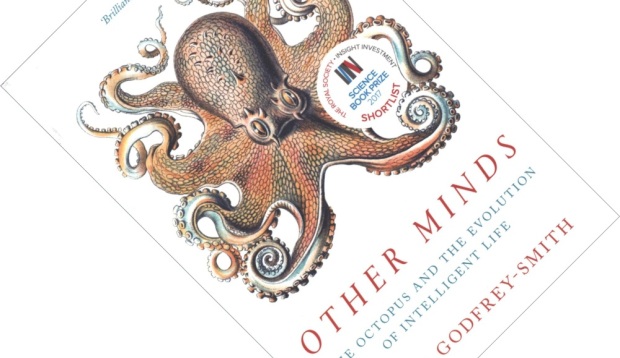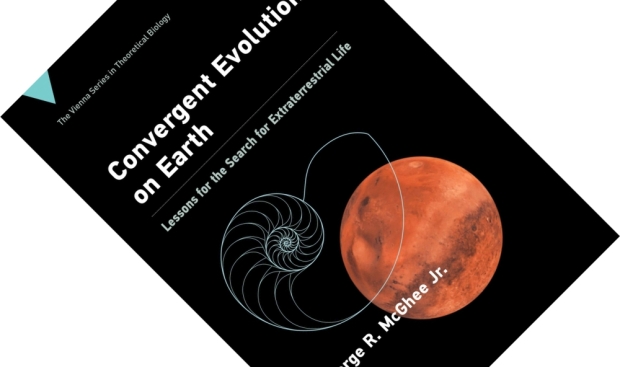6-minute read
Can we predict what aliens will look like? On some level, no, which has given science fiction writers the liberty to let their imagination run wild. On another level, yes, writes zoologist Arik Kershenbaum. But we need to stop focusing on form and start focusing on function. There are universal laws of biology that help us understand why life is the way it is, and they are the subject of this book. If you are concerned that consideration of life’s most fundamental properties will make for a dense read, don’t panic, The Zoologist’s Guide to the Galaxy is a spine-tingling dive into astrobiology that I could not put down.

